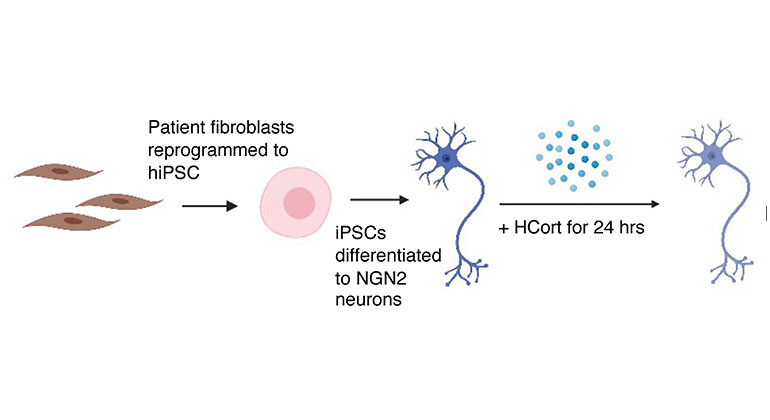"Can Trauma Be Transmitted Intergenerationally?" - Sandra Hercegova
Rachel Yehuda, PhD, professor of psychiatry, neuroscience, and director of the division of traumatic stress studies at the Icahn School of Medicine at Mount Sinai reveals groundbreaking research on trauma and its biological risk factors. Before post-traumatic stress disorder (PTSD) was officially identified in 1980, little was known about the repercussions of a traumatic incident. “In general, when we talk about the effects of trauma, we are talking about a moving target,” said Dr. Yehuda. Dr. Yehuda’s focus on PTSD is part of her broader research in epigenetics – the study of changes in gene expression rather than alterations to the genetic code. “Some of the epigenetic changes are inheritable, but others can occur in development in response to environmental influences and particularly in uterine influences,” Dr. Yehuda added. Her epigenetics research led her to studying the children of Holocaust survivors and pregnant women who survived the 9/11 attacks. The purpose was to demonstrate how traumatic stress can be transmitted biologically to the next generation. “I was studying the effects of stress and learning something that I thought was quite fascinating which was how stress hormones affect the brain and brain development in particular,” she said. According to Dr. Yehuda, when a person experiences fear, their fight-or-flight response is activated. “The startle response orients you to danger. All the things that your body might have been doing at the time of trauma—like ovulation or digesting your lunch—all these things had to slow down so that all your energy could be preserved to increase your heart rate, blood pressure and cause the release of adrenaline,” she said.
- Rachel Yehuda, PhD, Professor, Psychiatry, Neuroscience, Director, Division of Traumatic Stress Studies, Icahn School of Medicine at Mount Sinai

Stem Cell Study Reveals How Neurons From PTSD Patients React to Stress
Oct 20, 2022 View All Press ReleasesRachel Yehuda, PhD, Elected to National Academy of Medicine
Oct 21, 2019 View All Press Releases
